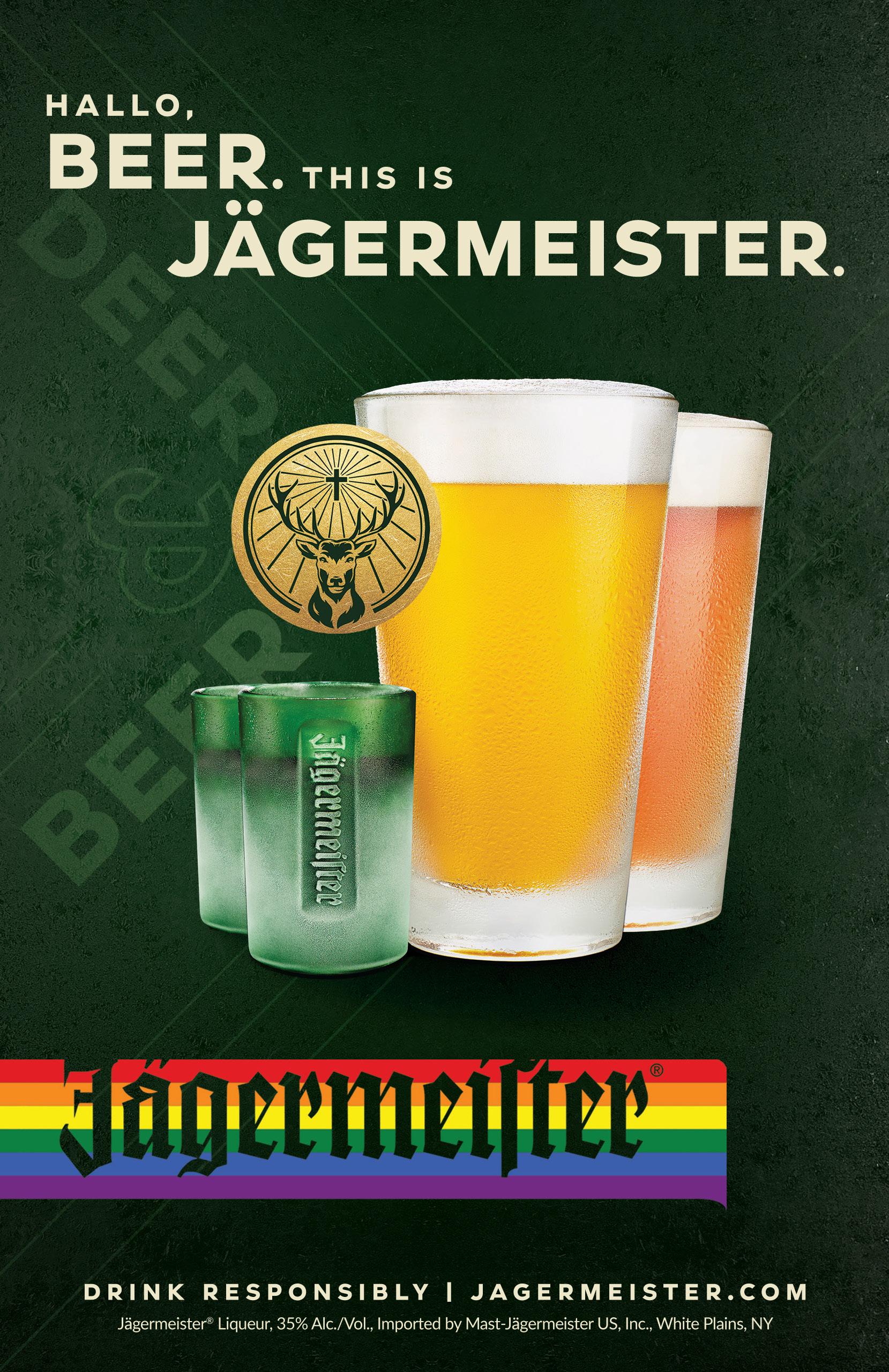






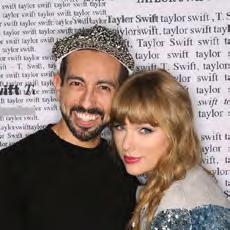
I don’t even ask Lachlan Watson about the Value Village cow onesie until halfway through our interview. But that’s how Watson first appears on Zoom, at one point even standing up to extend their arms out to proudly show off every inch of bovine glory. Queer kids find inspiration in this onesie, the 21-year-old actor tells me, for a very simple reason: It gives them permission to be
By: Chris Azzopardiwhatever they want to be. But then again, everything Watson has done thus far — from starring as trans kid Theo on Netflix’s “Chilling Adventures of Sabrina,” to being openly non-binary, to their new role on “Chucky,” embodying fanfavorite characters Glen and Glenda — does just that. In the second season of the (very queer) “Chucky” series on Syfy, Watson plays the genderfluid kids of Chucky, the red-headed killer doll who
promises to be “your friend till the end” and, since 1988, has demonstrated that he more or less means that in the most twisted sense. He co-parents Glen and Glenda with Tiffany Valentine (Jennifer Tilly), his murderous accomplice. On a rainy day in New York, Watson spoke about bringing Glen and Glenda to (real) life, inspiring LGBTQ+ youth and what it’s like to portray characters that represent a


part of who they are.
Before starring in the show, were you a fan of Chucky? I actually never watched Chucky when I was younger, because my mom thought that it would really scare me a lot. So that and “Wizard of Oz” were two movies that we never really watched because she thought that the Chucky doll would scare me and that the flying monkeys would scare me. And so I felt woefully out of the loop when the audition came through. Well, not the audition, but when my knowledge of Chucky came around, I kind of panicked because I felt so behind. But the way that I got introduced to the franchise was through [openly gay Chucky creator] Don Mancini, because we did a panel together almost three years ago now. It was about queer representation in horror, and so I got to just listen to this guy that I didn’t know talk so lovingly about not only the franchise, but about Glen and Glenda, because that was what came to mind when he was thinking about queer representation and horror — these two always fluid and queer characters. And so my first introduction to Don and Chucky was by just basically listening to a proud dad talk about his two weirdo genderqueer kids, so it was really special. And so then to now get the audition and the role and be filming and working and to be part of the family of Chucky, after being introduced to it that way and being able to play those roles that he was talking so lovingly
about, feels very special.
Did he have you in mind for the role from the start? I think so. He never told me straight up, because obviously a lot of my friends auditioned for the role, a lot of people that I know. A lot of nonbinary actors went out for this role, and so it wasn’t just me. It wasn’t a hard offer. It wasn’t, “We just want you.” I auditioned like everybody else, but I immediately heard back. It felt like the same day that I auditioned, we heard back, and they were like, “Well, Don wants to do a callback with you. Don wants to talk to you.” Then it all just fell into place. But I think he had an inkling on that panel however many years back. And this he has told me: that on that call, he saw Glen and Glenda in me, and what I was talking about, speaking about being non-binary and genderfluid and being an actor, I think he had a lightbulb moment of, “This could work someday.”
I’m wondering about the audition and about the human embodiment of these dolls. The audition was tough because a lot of it was coded. I got the audition, nothing on it said Chucky. The roles weren’t Glen and Glenda. It was Rob and Tracy or something like that, and it was “twins of a murderer and genderfluid,” and it was very much hinted. I just knew the two twins are non-binary, and they’re weird, and they’re the child of a murderer.I just gave them what I felt it should or could
be, because these characters are completely new. They’re essentially new characters in the franchise because we’re kind of starting fresh, having them not remembering their past. So I think it did it justice to treat the characters like a new thing.
I imagine you must have a lot of flexibility in a kind of absurdist killer doll murderer show. Oh, absolutely. It’s not always so much pressure. It’s more just like, you’ve got a big, open sandbox to splash around in. That’s something really special about “Chucky” — the gates have been busted down, and now we’re just telling crazy stories in a fun way and having fun with it.
What should people who know nothing about Glen and Glenda know going into this second season? The characters are stumbling backwards into trying to figure out who they are through this second season and through this character arc as well. So the fun part is you really don’t need to know that much going in, because they’re just as lost as the audience could be, and they’re slowly uncovering these truths about their past and who they are and who their parents are. And so it’s kind of convenient and very purposeful because it’s been a long time since “Seed of Chucky” [in 2004], which is where Glen and Glenda originally appeared, and “Seed of Chucky” also was not received that well.
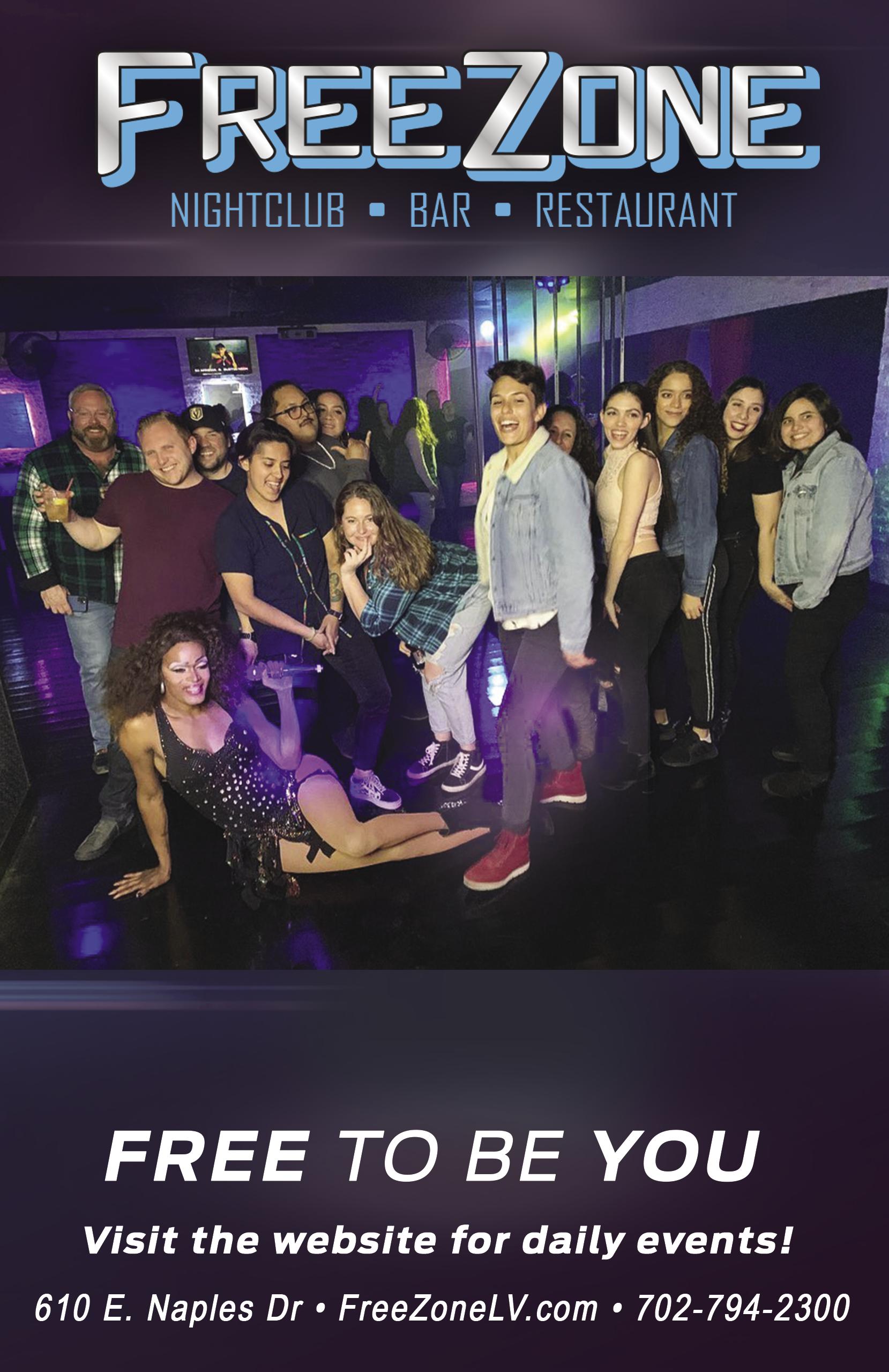
People really didn’t grow into it as much as I think they could have and as much as they’re growing into it now. And so I don’t think it’s a given that people know this story. I think it’s very, very helpful to have a clean slate and to allow the audience member to just jump in head first with us and just kind of stumble into unraveling this
crazy set of memories. So luckily, I don’t have to do too much explaining, because the explaining will be done throughout the season.
And for maybe some of the same reasons you didn’t watch Chucky growing up, I’m guessing you didn’t see “Bound”? No, I did not. I desperately need to now,

but I’m concerned that my view of Jennifer Tilly as my beautiful mother might affect my viewing experience of “Bound.” [Laughs.]
It’s possible, but you’ve also acted with both her and Gina Gershon now, so I feel like it’s required viewing, right? Yeah. Having Jennifer Tilly be my mom and Gina

Gershon be Auntie Gina [in “Chucky”], I think it would be a little alarming to watch them make out and kill people, but possibly necessary nonetheless. Maybe I’ll try and convince Jen to let me watch it with her and get her commentary.
It isn’t so far off from what happens in the series, without giving anything away. Not so far off. What was that day on set like with both of them around? It was a couple weeks, actually, having everyone around. My first impression of Chucky
was season two, episode four, which is where all of the stars come out to play, and it was my first time working with everyone. It was my first time as Glen and Glenda. It was everyone’s first time figuring out the twinning and how to shoot both twins at one time, and it was like being on a roller coaster for two weeks straight. It was insane. There were so many personalities, so many jokes, so many comments, so much to think about. But I wouldn’t have it any other way, because it was easy coasting from there.
You only experienced some of the Glen and Glenda dynamic. Thankfully not
all of it. Not that I know of, at least. I don’t know what my parents do in their spare time. They could go off killing people, but something tells me they’re not the type.
You play genderfluid in “Chucky” and you played a trans character in “Sabrina.” How does it feel playing characters who identify in a similar way as you do? Ugh. That’s a big question. It’s hard to describe. It feels right. It feels correct to me that not only I got cast as a non-binary person to play non-binary characters, but it also feels very correct to me that a lot of

non-binary actors that I know went out for the role. And as far as I know, I don’t think they considered a lot of people who weren’t non-binary themselves, which is in and of itself pretty revolutionary, so that feels more monumental than it should. It should feel like a 9-to-5, everyday job occurrence, that this is just how it works, but that’s not always the case. So it feels really, really special, but I also don’t know if it should feel as special as it does. I wish it was more common. But it really does speak to how ahead of its time “Seed of Chucky” was and how revolutionary it is that these characters were established so long ago and are coming back to the screen now, because it couldn’t fit better. It fits perfectly. It fits like a perfect little puzzle piece in today’s society and the things that are important to casting nowadays. So I think it’s very special, and I think it is a door opened to have this alignment. But then again, personally, it just makes my job easier. I love playing non-binary characters, I love playing transgender characters, and I also love playing cis characters. I pretty much like just playing the whole spectrum. I find it fascinating. That’s why I love acting. That’s why I do what I do, is to be everyone. So I don’t necessarily feel the need to limit myself to just characters that identify the way that I do, but it certainly makes my life a little easier to know that I can pull from my own lived experiences for a lot
of what they go through.
While you’re talking about visibility, you’re one of the youngest, out non-binary actors. Do you have any memorable experiences with young queer people who have reached out to you to tell you what that means to them? I grew up in North Carolina with my family. We all know how the American South is with young queer people. This was probably five years ago. I had just done “Sabrina”; Susie had become Theo. And this was a whole storyline that was happening. It was getting public attention. And I had started doing interviews, and I hadn’t done many before then, but all of a sudden I had this boom of interview requests, and I thought they were incredible, but I didn’t have a good scale for how far they went and how big the reach was for how many people were affected by my story, and by proxy, Susie and Theo. Five years ago, my sister was babysitting in North Carolina, this adorable young thing who I think was 7 at the time. My sister was babysitting this person forever, and they were super, super sweet, and they were going by they/them. And my sister told me about it, and I went to go help her babysit one night when I was home from “Sabrina.” This kid was adorable, super sweet, asking me all kinds of questions, but mostly just questions about my cow onesie or something. And their mom came home and had heard from Kinsey, my sister, that I
was there helping her babysit. So she came home, and she immediately gave me a huge hug, and we stood in her kitchen for an hour talking, because she had read articles about me and interviews that I had done about my identity and who I was and growing up in North Carolina. And she said that those interviews that I did were solely responsible for the family coming to the idea that the kid was genderqueer, and that gave them the ability to bring this up to that kid. And the kid was like, “Absolutely, this is great. That’s who I am,” and it was because of an interview that I did that got to her somehow. And she had no idea that I was Kinsey’s sister, she had no idea that I still lived in North Carolina. All she knew was that my sister’s sibling was coming to help, and then all of a sudden, Lachlan Watson was in their home. And she almost started crying and just told me all of these incredible things about how my words, not even Susie, not even Theo, not even Sabrina, but me, my interviews, had changed their life and had changed the life of her kid. It still gives me chills to this day. This was a long time ago, and I always think about that and how cool that was and how sweet it was. And I never saw them again. I went off to film the second season. We moved away from where we were, but that’ll stick with me forever.
All this talk of authentic representation and, finally, we’re seeing it. In fact, we’re seeing a lot of it in the extremely dramatic new Fox soap-esque series “Monarch.”
Here, Gossip frontwoman Beth Ditto, who is proudly fat and queer (and a musician herself), plays Gigi, one of Dottie and Albie’s three children. If this show was a

documentary about country music royalty, you’d know Dottie (Susan Sarandon) and Albie (Trace Adkins) by name — they’re the country music superstars behind some of the biggest hits in the genre (the show has fun with this, pretending that they made songs like “Man! I Feel Like a Woman!” famous). All the kids are overshadowed by
By: Chris Azzopardi
their famous parents, but it’s Gigi’s struggle that is most relatable to queer people who’ve put their dreams on the shelf because of who they are.
In conversation recently, Ditto spoke about the personal parallels between her and Gigi, the importance of accessible queer representation and what’s next for her own music
‘Monarch’ star Beth Ditto on why LGBTQ+ representation matters to kids everywhere, but especially in the South
Country Goes Queer

career.
What about the show jumped out at you immediately when you read the script?
Well, it was more like the description of the characters that they were looking for. “A fat country singer who was a lesbian” was the description. I think they used the word plus-size, but I would say the word fat. So, “a plus-size, lesbian country singer.” I was like, “What?” And being from Arkansas and growing up where I did and growing up how I did and being a Southerner in real life, I was just like, “They’re crazy if they don’t pick me. Who else is going to do it? They’re going to get Brandi Carlile. Good luck. There’s not that many of us.” I was like, “You have very few choices. And this could be your moment to right the wrongs.”
Is that what you said during your audition?
Yeah. I would say I was always half joking, but I was actually pretty serious. I was like, “You should hire someone gay. So if you don’t hire me, it should be someone [gay].”
The show is full of country queens, like Tanya Tucker, Shania Twain and Martina McBride. I imagine these are artists that you admired when you were a kid in Arkansas who loved music. Yes, absolutely. My mom was very much a rock ’n’ roll, cool mom. But my dad was more into country music
and was always surrounded by it. There was this huge crossover where all of a sudden it was as big as rock ’n’ roll and pop music. So you had Garth Brooks, Lorrie Morgan and Tanya Tucker. You had Reba, who was killing it with “Fancy.” But the thing was, I had met Tanya Tucker before, and I had met her in Seattle. And because the MoPOP Museum in Seattle was honoring Brandi Carlile. She had asked certain people to perform, and Tanya Tucker was one of them because she had just produced her record that won the Grammy.
When I saw Tanya Tucker, I didn’t realize that I was going to have the response that I did, but I was weepy. My mother grew up on “Delta Dawn,” but I grew up with “Your last teardrop, my last teardrop” [lyrics from Tucker’s song “Down to My Last Teardrop”]. I was really moved to meet her the first time. So when she was on “Monarch,” it didn’t matter because she did not remember me from shit. I was like, “I met you.” She was like, “Bitch.” She’s like, “You did?”
I hope she called you bitch. She’s like, “Who, bitch?” She did not. She’s feisty but really funny and very friendly. I grew up knowing those kinds of women. Those Southern women who smoked; it was a part of their identity, like, “I smoke.”
Your first scene in the first episode when you get to kiss your wife — it’s such a
casual statement. As a queer person who loves country music, which is considered a more conservative genre and culture, what did doing that scene mean to you?
I really was like, “This is going to be a thing that queer kids are going to see. And you don’t have to have cable.” You don’t have to have cable! Does anybody have cable? I still do, I won’t lie. Because that’s the thing, that those people _do_ exist. And I don’t think that’s something people think about. When you think about rural towns, really, really rural… the example of this is my nephew who’s with me up here in New York visiting and still lives in Arkansas with all my family that still lives there. He lives in the oldest town in Arkansas. Eighty people. Out in the middle of nowhere. And they just got internet. They just got it. And it’s not even good enough to stream sometimes. So you have to think about that. Those things are real. But we’re not talking about just little kids that need it, but older people aren’t necessarily streaming. Even though my mom did blow my mind a couple months ago because she was like, “Yeah, I got Redbox.” I was like, “What?” I guess she’s got to get that BBC.
What kind of response have you been getting from the queer community about your portrayal of Gigi?
I have mostly heard from people I already know that are really excited about it. And a lot of it’s also about size too. A lot of fat girls are like, “Yes, finally.” A lot of it’s been about

that, honestly. Because I think both of those things are a big part of the representation.
Regarding your own music — what’s on the horizon for Gossip?

We started writing a record in 2019, the pandemic happened, and it’s just now finished.
Is it pandemic-influenced?
No, because it was written before the pandemic. So what we were working on during the pandemic was the production of it, because that took forever because of the pandemic. I want to start writing a new record immediately, just to reflect on what’s going on right now. Even just inside of me
and how everything fucking is insane and crazy and frightening. Then just a lot of empowerment and a lot of love and encouragement. And so I really want to write a new record, and I think we’re going to start that as soon as we can. We’ve been talking about it.
Gigi’s sexuality has affected the way she feels about her musical career. It’s held her back. As a musician yourself, did that part of her story resonate with you? Yeah. I know exactly how she feels. Down from having a big sister who was this idea of ideal talent-show beauty versus what I was. She was an academic; I was a creative. She was a blonde; I was a
dirty blonde. And then being queer in the Bible belt in a dry county. Email was new. It was like, “Oh my god, I can talk to my friend in Boston? That’s crazy.”
Did you find queer connection through the internet?
You know what, I was really lucky. And I’m not a spiritual person, but fate somehow intervened because I was so lucky to grow up in the town that I did. There were, like, 1,900 people and my good friend was a queer boy. He was a radical feminist. I knew I was gay really young, but I also knew that I couldn’t talk about it. I had conflicted feelings, and that didn’t come from my mother. That’s the

thing. That came from outside the house. And the internet came along and, of course, you had more access to stuff. But I got so lucky. I mean we were the weird kids in town, though. My friends got bullied a lot. I kind of got to escape a little bit because they lived in a bigger town, so their school was a lot bigger. And I went to a really small school where literally I graduated the class with, like, 60 kids. I was probably cousins with five people in my class But yeah, the internet was great later. Then my little sister, who’s 11 years younger than me, when she was coming up, I was always so happy that she had access to things I didn’t have. Now it’s
my little niece. Just knowing that how she identifies as pansexual and she has access to this language and has access to different ideas and meeting different people. And just from her bedroom. It’s so empowering.
Regarding the intersection between queerness and country music: I don’t think a character like yours could exist in a show like this years ago.
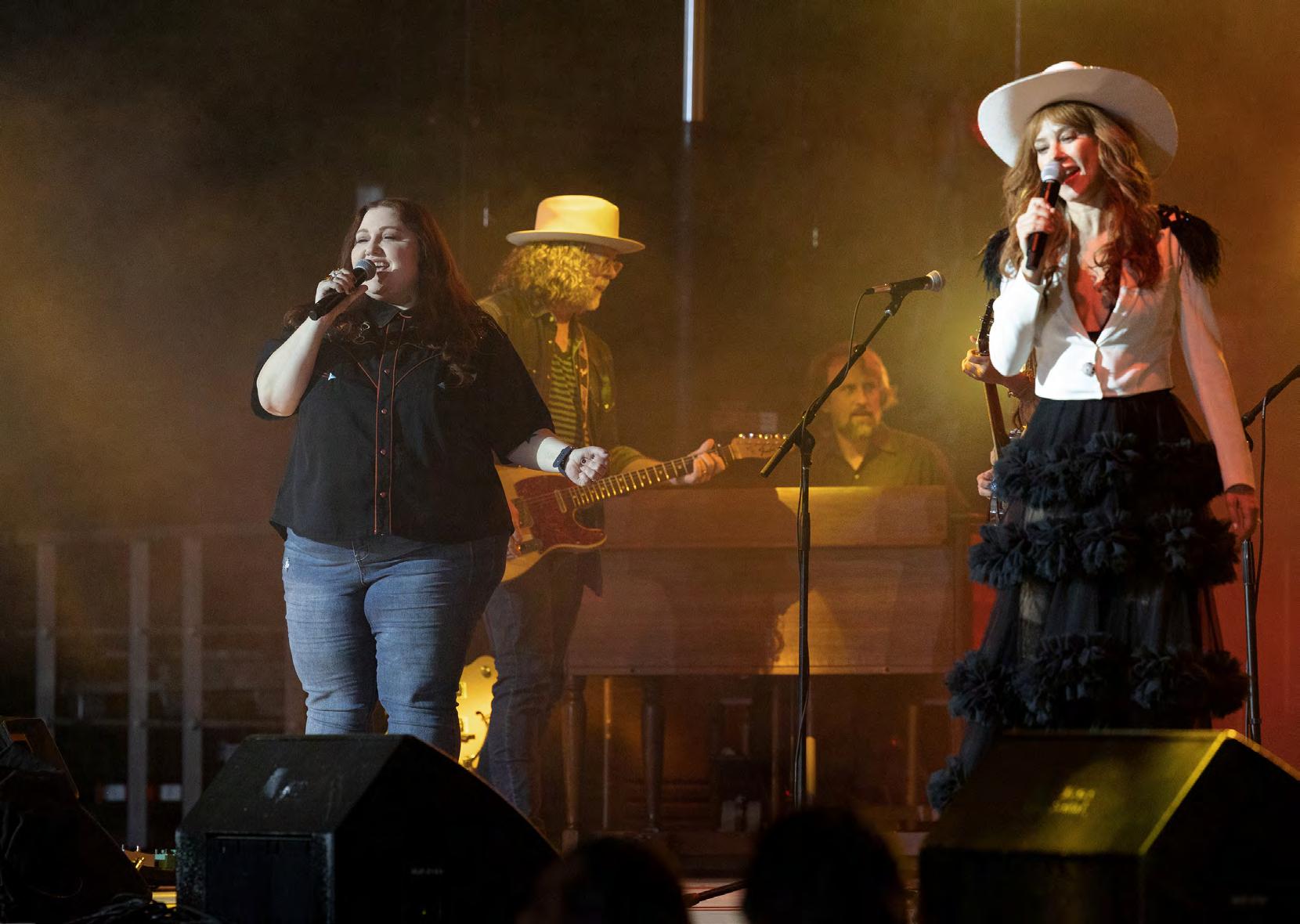
I was surprised that this was a role that they were going to have. And honestly, I’m a little surprised that they actually picked someone like me to do it. And not [just] gay, but somebody who just will say anything. Like, I identify as
queer. And I will talk about that.
And then to boot, you get to sing a Lizzo song. That’s so crazy. I’m so happy with this song. Because I really love her. But you want to hear something insane? Her stylist is from Bald Knob, Arkansas, which is literally the town over from where I grew up. It’s a white county. So there’s this group of gay [people]. This is a connection, too, to the gayness: Her stylist’s boyfriend came to a Gossip show in Chicago in probably 2007 or something. I’m not sure of the time. But he was a lot younger. And he was holding a sign that said, “I’m from Judsonia.” And that’s

where I’m from. I lost my shit. Lost my shit! So we stay connected over social media. He’s still in Arkansas. Starts this incredible night. Starts running the house. It’s just a group of queer kids in Little Rock living together. [The house] is called the House of Avalon. They started a queer night called Glitter Rock and moved to L.A. together, just like Gossip did. We moved to the Pacific Northwest together from Arkansas. They start House of Avalon out there. They’re doing all this shit. I mean, they’re killing it. And then one of those kids goes on
to become Lizzo’s stylist.

I’m glad you shared that story because, back to your point, I hope some kid in small-town Arkansas sees this and reads that story and it inspires them to believe that they too can make something of their life. And that’s it. People got really comfortable. We had Obama, things were good. We had to fight for the rights and protections of our trans brothers and sisters, all these things. And so we got comfortable and now we’re seeing the backlash of
that. You forget how it’s still important. Because what Gossip did, as small as a thing as we were, especially in America, that one kid in Bald Knob, Arkansas, in Judsonia, that I didn’t know, who’s like 10 years younger than me, sees this and then they hold onto that. So just when we get comfortable, when you think you know everything, is when you should start opening your mind even more.
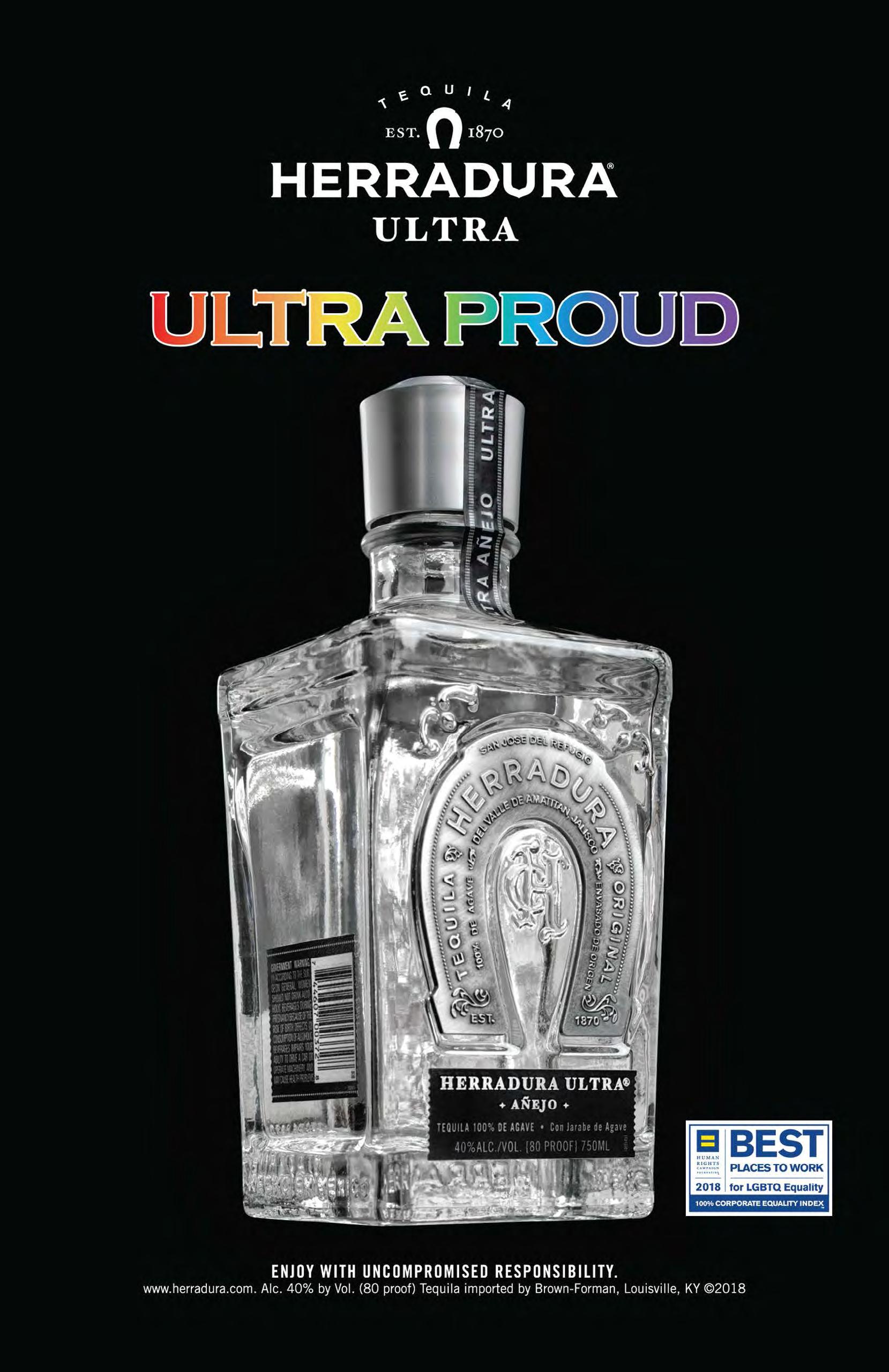


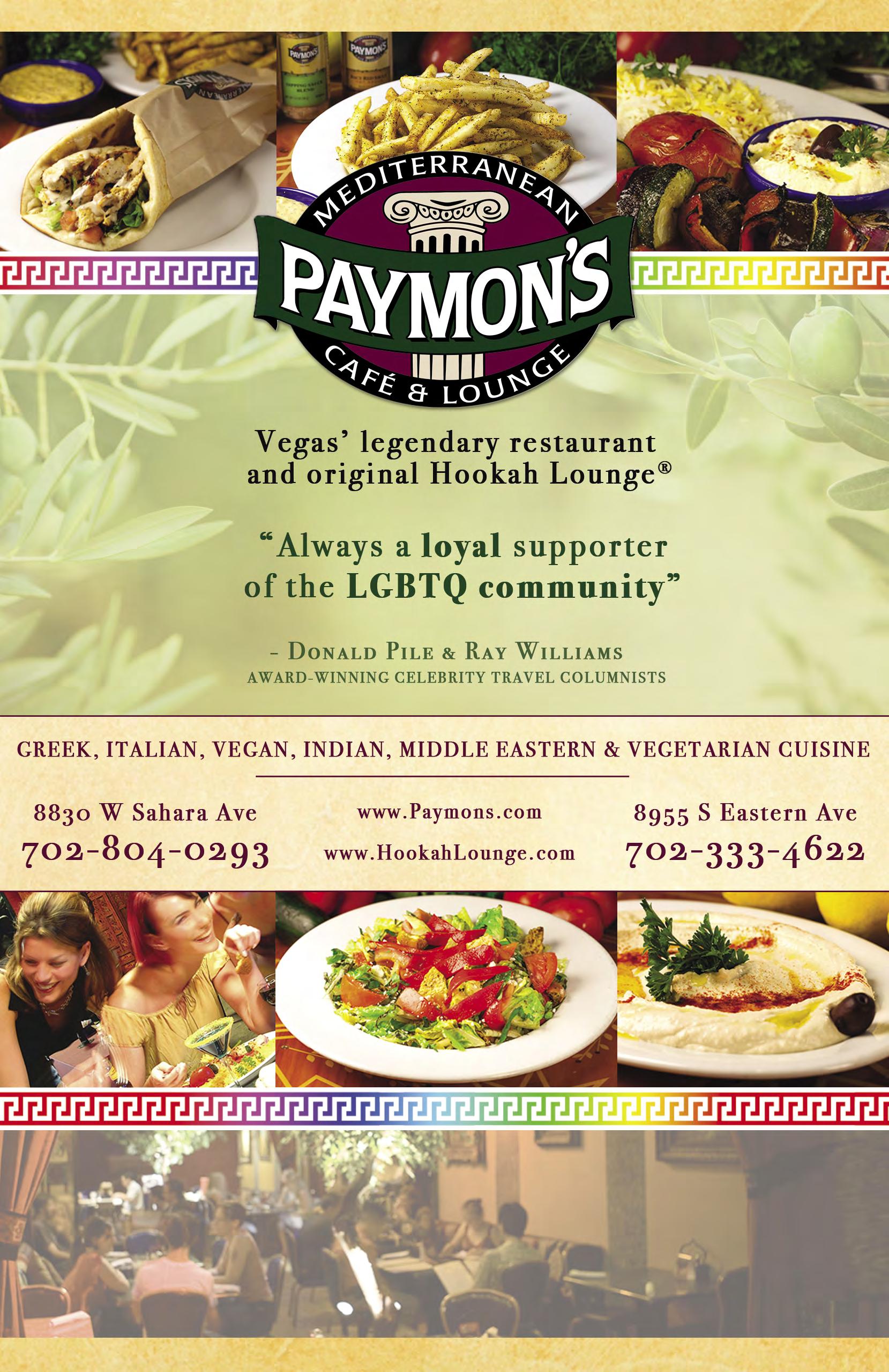
MODUS VIVENDI proudly presents the Organic Line, showing men on duty. It’s time for 100% sustainable underwear, made of organic cotton which is part of our responsiblity. We couldn’t imagine a more perfect pairing than to have these undies on men in nature. Retro aesthetic is mixed with a great dose of sexiness yet a kind of pure and effortless masculinity.
Unique and specially made pieces, knitted according to GOTS (Global Organic Textile Standard 5.0) and under dyeing, washing procedure, complied with the OCS (Organic Content Standard 2.0). Raw materials from certified organic farms, no harmful substances, in accordance to OEKO-TEX STANDARD 100. Sustainability is here to stay and MODUS VIVENDI wants to be part of it.
Who said that men can’t do the laundry? Organic Line is here to prove that vintage style can become chic and sexy in the modern world of fashion. So choose your comfort and your favorite organic piece of underwear, between optic white, classic black and dark khaki green. It is time we keep an extra eye on the planet. This line comprises of thongs, briefs, boxers, low cut briefs, jockstraps, tanga briefs, sweatshirts & tanktops.

(This fashion spread is part of a paid advertisment for Modus Vivendi)

Sustainability is the new black!Photographer: Gastohn Barrios @gastohn.barrios / Models: Lucas Sabadini @lucsabadini & Pablo Garcilazo @capitanxpablo / Executive Production: Matias Santos / Videography: Estilo Wallo / Stylist: Martin Iglesias / Assistant: Marcelo Iglesias / Campaign: Organic Line / Location: Argentina

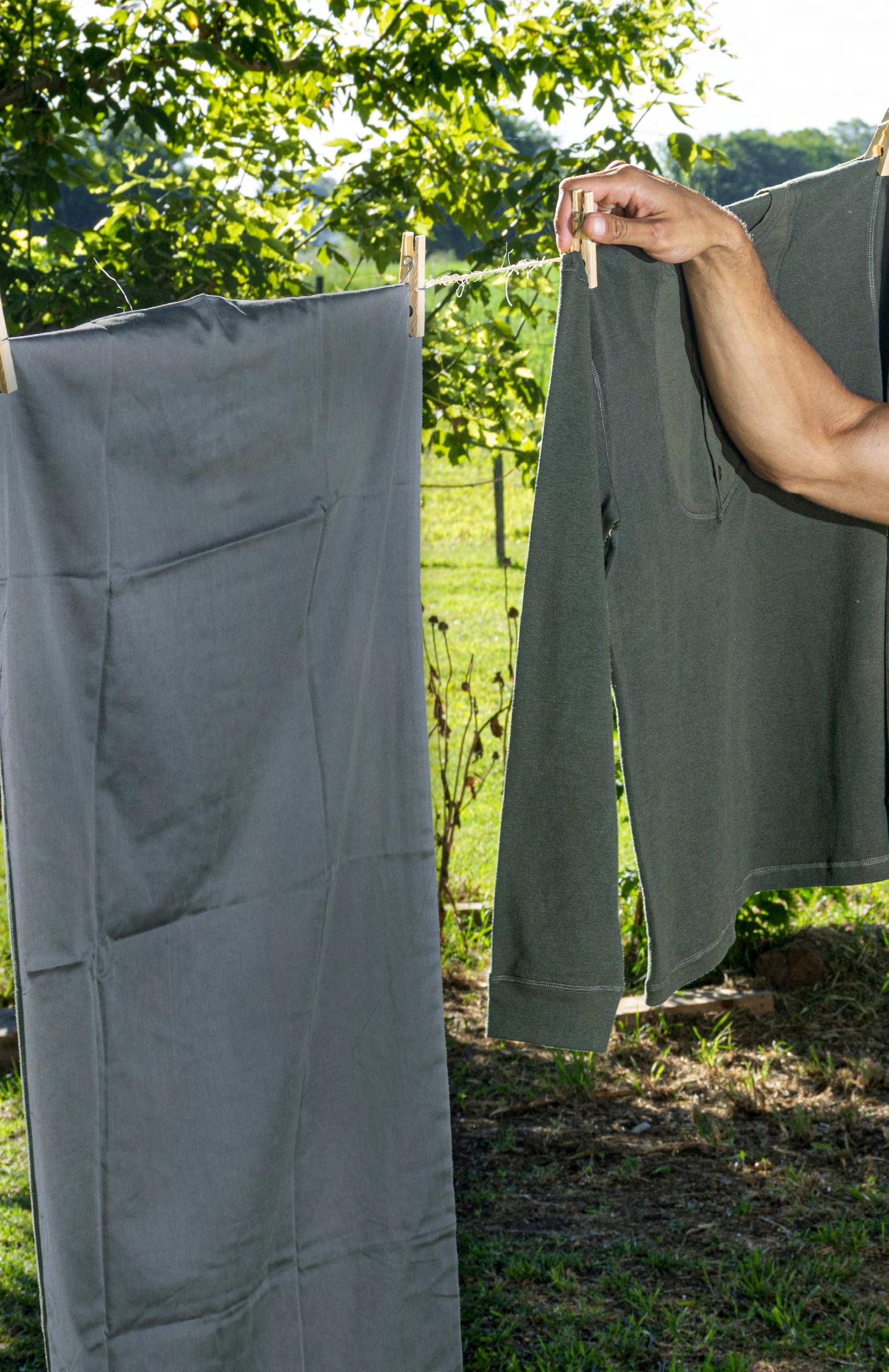

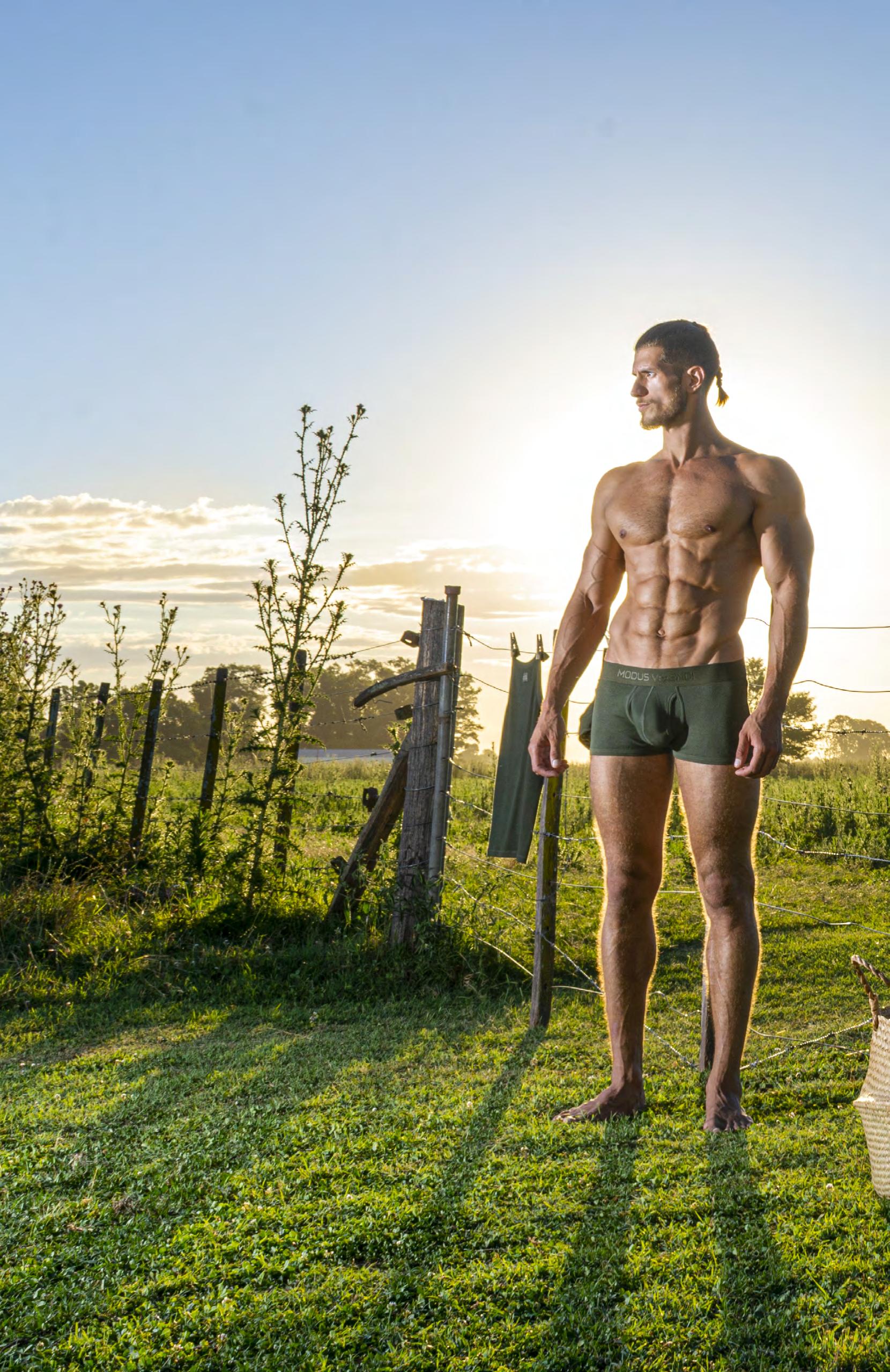
 By: Terri Schlichenmeyer
By: Terri Schlichenmeyer
346
pagesIt was so not cool.
And yet, you owned it because it was your error, there was no denying it, and you can’t go back in time and undo it. It wasn’t cool, but it happened.
Then again, was it really such a misstep, or was there something good inside the something bad you did?
As in the new novel, “Mistakes Were Made” by Meryl Wilsner, will it all turn out right in the end?

The bar wasn’t one she usually frequented, but it was as far from the dorm as Cassie Klein could possibly get. It was Family Weekend at college, she’d graduate soon, and the whole “family” thing was ridiculous. No, the bar was a better place to be and she was preparing to get drunk, until she started watching the older woman who was watching her.
She bought the woman a drink and one thing led to another, which led to the back seat of the woman’s car, the exchange of first names, and a semi-public one-night stand that Cassie was sure she’d never forget.
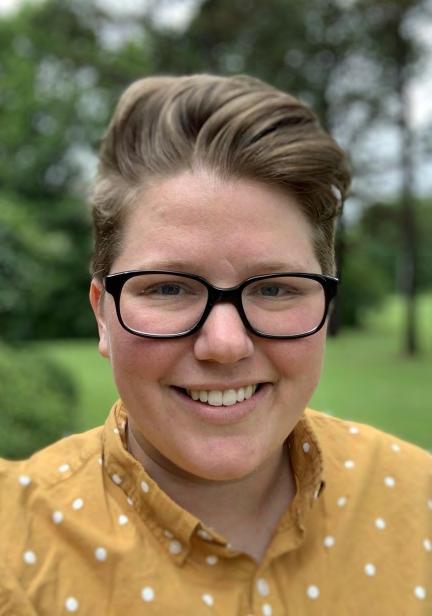
Erin Bennett had hoped being at Family Weekend might heal the broken bond she had with her daughter, Parker.
She knew Parker was still angry that Erin had filed for divorce from Parker’s father, and Erin wished she could explain things but she wasn’t exactly sure herself why the divorce was important. She was mulling this over when Parker arrived at breakfast with one of her closest friends in tow – a friend that Erin had never officially met, but that she knew very well.
Intimately, in fact.
It was the woman she’d had sex with the night before.
Clearly, this was awkward and Parker could never find out what had happened. While the obvious thing to do was to put the brakes on, that was impossible – especially after Parker wouldn’t take “no” for an answer when she invited Cassie to her mother’s house for Christmas break. Being in the same home together was hard enough, but being in the same room, and in pajamas? How could anyone resist that? There are really two basic ways
to perceive “Mistakes Were Made.” It’s either an overlylong, mostly-bare-bones story that contains some explicit bedroom scenes... or it’s soft erotica with a tissue-thin story between steamy trysts. Could it be better? Well, that, too, will depend on what you want in a novel.
Author Meryl Wilsner’s bedroom (kitchen, back seat, living room) scenes are hotter than a baked potato straight from the oven. They’re steamyour-glasses hot and there are enough of them to seize your interest and handcuff it to a bedpost – if that is, indeed, your interest. Come to this novel for a romance-y tale, though, and you could be bored because, while girlmeets-girl is all over this book, it’s frustratingly slow getting to it.
And so, know what you want before you pick up “Mistakes Were Made.” If erotica is your thing, stay for the heat. If you want a good story, though, it’ll leave you cold.

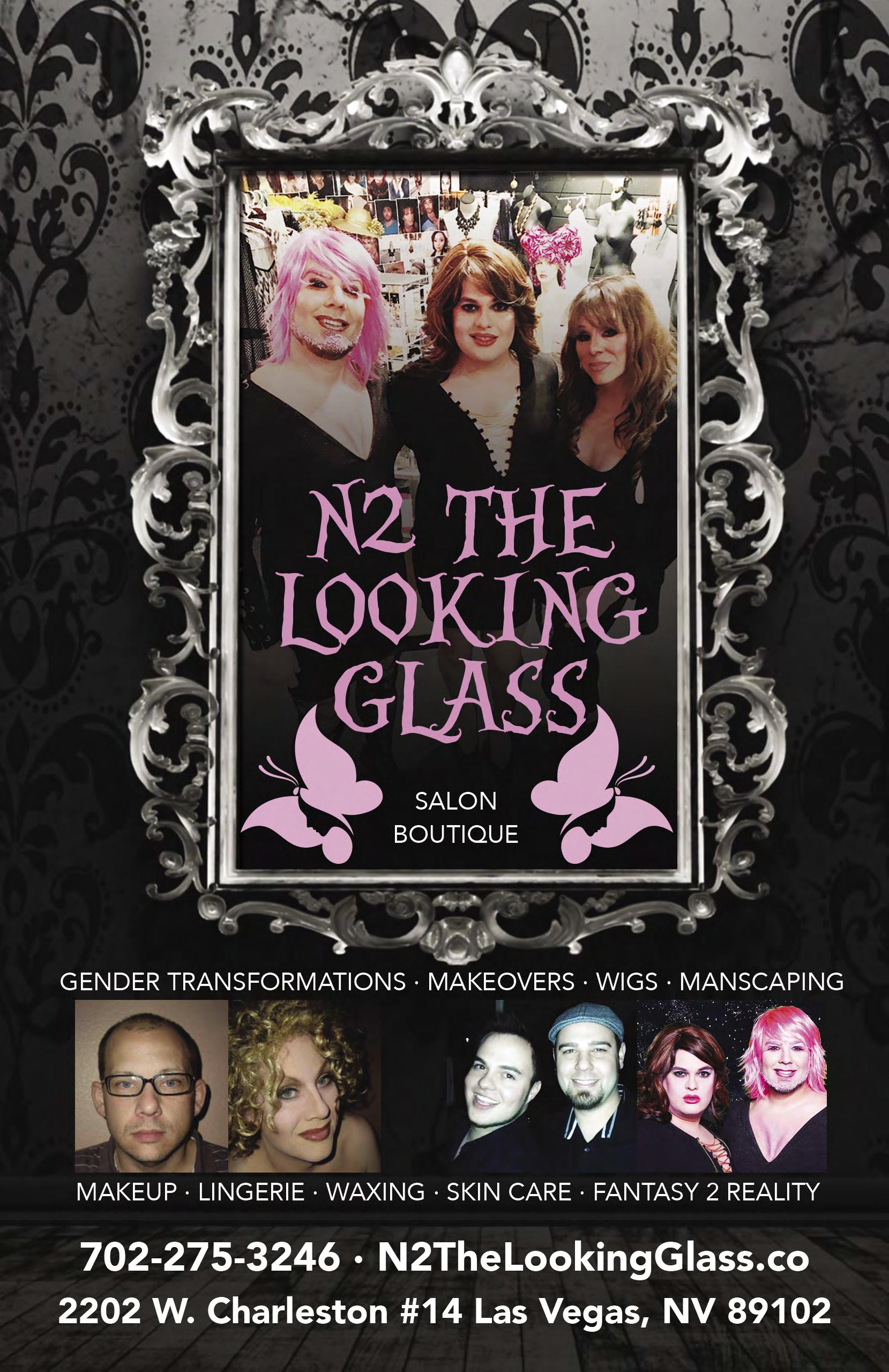
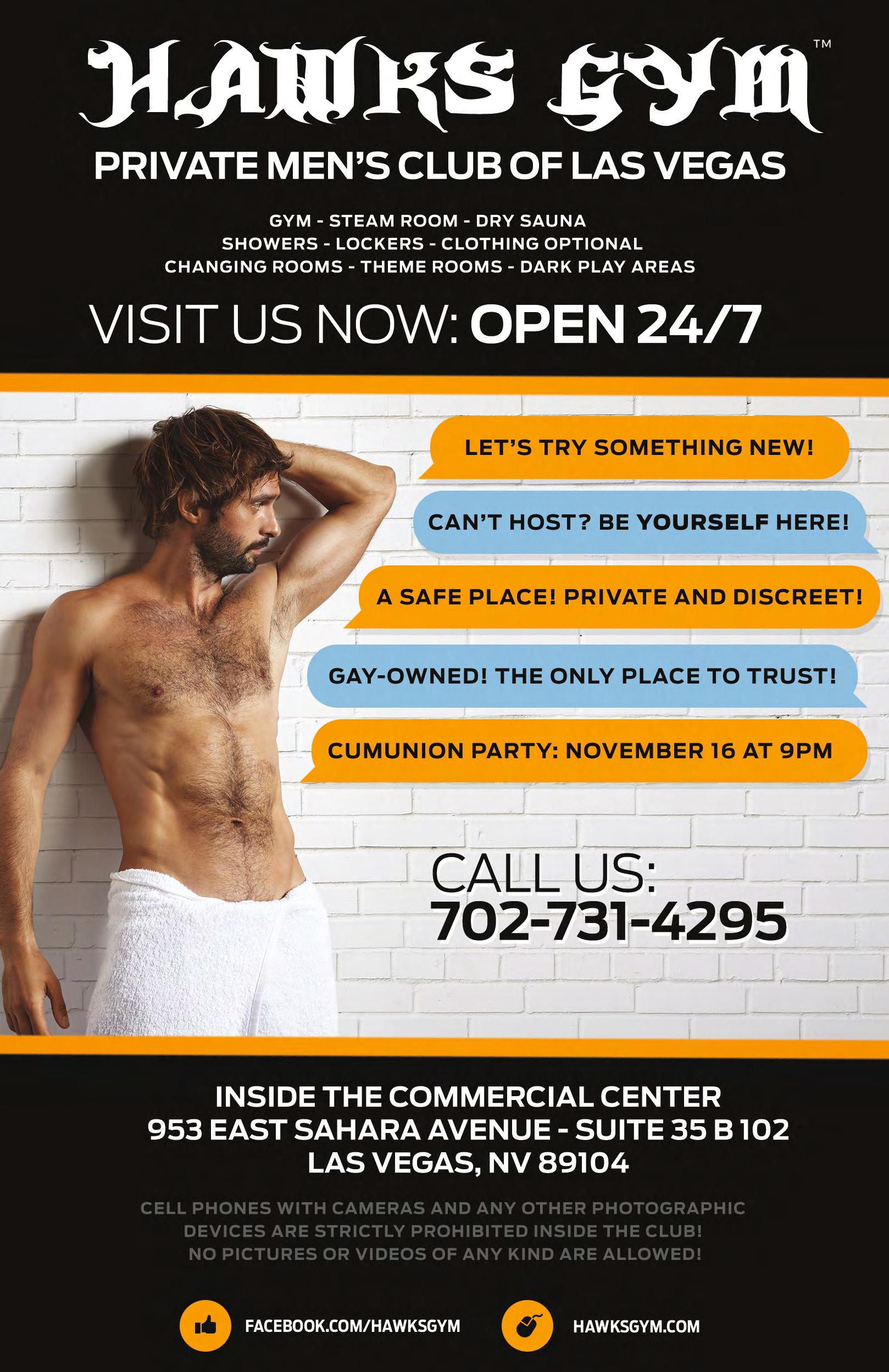
o a f u
S e D h u o d a v e u o B r u a c Queensridge
South Fort Apache Road
w
y a W n a p a C E
h u o S
y W n a p C
d a o R rr
v r A y
e e S e a T ka n ian Way
Roy Horn Way Spring Mountain Road
Sahara Avenue We r F st Twain Avenue ank Sina
M n THE PHOENIX

Desert Inn Road tr v A a D e e r S e r ive
Tropicana Avenue West Tropicana Avenu D n t a M n a e D e e v a e D Charleston Heights Chinatown CHARLIES
r a v e u o B D n a rive FLEX 15 15 215
Warm Spring


What are sexually transmitted diseases (STDs)?
STDs are diseases that are passed from one person to another through sexual contact. These include chlamydia, gonorrhea, genital herpes, human papillomavirus (HPV), syphilis, and HIV. Many of these STDs do not show symptoms for a long time. Even without symptoms, they can still be harmful and passed on during sex.
How are STDs spread?
You can get an STD by having vaginal, anal or oral sex with someone who has an STD. Anyone who is sexually active can get an STD. You don’t even have to “go all the way” (have anal or vaginal sex) to get an STD. This is because some STDs, like herpes and HPV, are spread by skinto-skin contact.
How common are STDs?
STDs are common, especially among young people. There are about 20 million new cases of STDs each year in the United States. About half of these infections are in people between the ages of 15 and 24. Young people are at greater risk of getting an STD for several reasons:
• Young women’s bodies are biologically more prone to STDs.
• Some young people do not get the recommended STD tests.
• Many young people are hesitant to talk openly and honestly with a doctor or nurse about their sex lives.
• Not having insurance or transportation can make it more difficult for young people to access STD testing.
• Some young people have more than one sex partner.
What can I do to protect myself?
• The surest way to protect yourself against STDs is to not have sex. That means not having any vaginal, anal, or oral sex (“abstinence”). There are many things to
consider before having sex. It’s okay to say “no” if you don’t want to have sex.
• If you do decide to have sex, you and your partner should get tested for STDs beforehand. Make sure that you and your partner use a condom from start to finish every time you have oral, anal, or vaginal sex. Know where to get condoms and how to use them correctly. It is not safe to stop using condoms unless you’ve both been tested for STDs, know your results, and are in a mutually monogamous relationship.
• Mutual monogamy means that you and your partner both agree to only have sexual contact with each other. This can help protect against STDs, as long as you’ve both been tested and know you’re STD-free.
• Before you have sex, talk with your partner about how you will prevent STDs and pregnancy. If you think you’re ready to have sex, you need to be ready to protect your body. You should also talk to your partner ahead of time about what you will and will not do sexually. Your partner should always respect your right to say no to anything that doesn’t feel right.
• Make sure you get the health care you need. Ask a doctor or nurse about STD testing and about vaccines against HPV and hepatitis B.
• Girls and young women may have extra needs to protect their reproductive health. Talk to your doctor or nurse about regular cervical cancer screening, and chlamydia and gonorrhea testing. You may also want to discuss unintended pregnancy and birth control.
• Avoid mixing alcohol and/or recreational drugs with sex. If you use alcohol and drugs, you are more likely to take risks, like not using a condom or having sex with someone you normally wouldn’t have sex with.
If you choose to have sex, know how to protect yourself against sexually transmitted diseases (STDs).
If I get an STD, how will I know?
What are sexually transmitted diseases (STDs)?
STDs are diseases that are passed from one person to another through sexual contact. These include chlamydia, gonorrhea, genital herpes, human papillomavirus (HPV), syphilis, and HIV. Many of these STDs do not show symptoms for a long time. Even without symptoms, they can still be harmful and passed on during sex.
Many STDs don’t cause any symptoms that you would notice. The only way to know for sure if you have an STD is to get tested. You can get an STD from having sex with someone who has no symptoms. Just like you, that person might not even know he or she has an STD.
tell your partner before you have sex. Although it may be uncomfortable to talk about your STD, open and honest conversation can help your partner make informed decisions to protect his or her health.

If I have questions, who can answer them?
• If you do decide to have sex, you and your partner should get tested for STDs beforehand. Make sure that you and your partner use a condom from start to finish every time you have oral, anal, or vaginal sex. Know where to get condoms and how to use them correctly. It is not safe to stop using condoms unless you’ve both been tested for STDs, know your results, and are in a mutually monogamous relationship.
Where can I get tested?
You can get an STD by having vaginal, anal or oral sex with someone who has an STD. Anyone who is sexually active can get an STD. You don’t even have to “go all the way” (have anal or vaginal sex) to get an STD. This is because some STDs, like herpes and HPV, are spread by skin-to-skin contact.
There are places that offer teen-friendly, confidential, and free STD tests. This means that no one has to find out you’ve been tested. Visit GetTested to find an STD testing location near you.
If you have questions, talk to a parent or other trusted adult. Don’t be afraid to be open and honest with them about your concerns. If you’re ever confused or need advice, they’re the first place to start. After all, they were young once, too.
• Mutual monogamy means that you and your partner both agree to only have sexual contact with each other. This can help protect against STDs, as long as you’ve both been tested and know you’re STD-free.
STDs are common, especially among young people. There are about 20 million new cases of STDs each year in the United States. About half of these infections are in people between the ages of 15 and 24. Young people are at greater risk of getting an STD for several reasons:

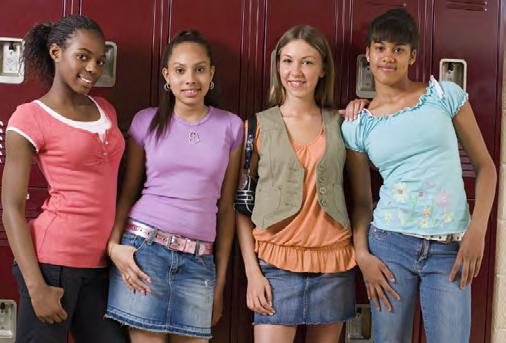
Your doctor can prescribe medicine to cure some STDs, like chlamydia and gonorrhea. Other STDs, like herpes, can’t be cured, but you can take medicine to help with the symptoms.
Talking about sex with a parent or another adult doesn’t need to be a one-time conversation. It’s best to leave the door open for conversations in the future.
• Before you have sex, talk with your partner about how you will prevent STDs and pregnancy. If you think you’re ready to have sex, you need to be ready to protect your body. You should also talk to your partner ahead of time about what you will and will not do sexually. Your partner should always respect your right to say no to anything that doesn’t feel right.
• Young women’s bodies are biologically more prone to STDs.
• Some young people do not get the recommended STD tests.
It’s also important to talk honestly with a doctor or nurse. Ask which STD tests and vaccines they recommend for you.
• Make sure you get the health care you need. Ask a doctor or nurse about STD testing and about vaccines against HPV and hepatitis B.
• Many young people are hesitant to talk openly and honestly with a doctor or nurse about their sex lives.
• Not having insurance or transportation can make it more difficult for young people to access STD testing.
• Some young people have more than one sex partner
What can I do to protect myself?
If you are ever treated for an STD, be sure to finish all of your medicine, even if you feel better before you finish it all. Ask the doctor or nurse about testing and treatment for your partner, too. You and your partner should avoid having sex until you’ve both been treated. Otherwise, you may continue to pass the STD back and forth. It is possible to get an STD again (after you’ve been treated), if you have sex with someone who has an STD.
Where can I get more information? CDC
• Girls and young women may have extra needs to protect their reproductive health. Talk to your doctor or nurse about regular cervical cancer screening, and chlamydia and gonorrhea testing. You may also want to discuss unintended pregnancy and birth control.
• Avoid mixing alcohol and/or recreational drugs with sex. If you use alcohol and drugs, you are more likely to take risks, like not using a condom or having sex with someone you normally wouldn’t have sex with.
What happens if I don’t treat an STD?
• The surest way to protect yourself against STDs is to not have sex. That means not having any vaginal, anal, or oral sex (“abstinence”). There are many things to consider before having sex. It’s okay to say “no” if you don’t want to have sex.
Some curable STDs can be dangerous if they aren’t treated. For example, if left untreated, chlamydia and gonorrhea can make it difficult— or even impossible—for a woman to get pregnant. You also increase your chances of getting HIV if you have an untreated STD. Some STDs, like HIV, can be fatal if left untreated.
What if my partner or I have an incurable STD?
Some STDs, like herpes and HIV, aren’t curable, but a doctor can prescribe medicine to treat the symptoms.
If you are living with an STD, it’s important to
How You Can Prevent Sexually Transmitted Diseases www.cdc.gov/std/prevention/ Teen Pregnancy https://www.cdc.gov/ teenpregnancy/teens/ index.htm
CDC-INFO Contact Center 1-800-CDC-INFO (1-800-232-4636) Contact wwwn.cdc.gov/dcs/ ContactUs/Form HealthFinder.gov STD Testing: Conversation Starters https://healthfinder.gov/ HealthTopics/ Category/health-conditions-and-diseases/ hiv-and-other-stds/std-testing-conversationstarters
American Sexual Health Association Sexual Health and You http://www.iwannaknow.org/ teens/ sexualhealth.html
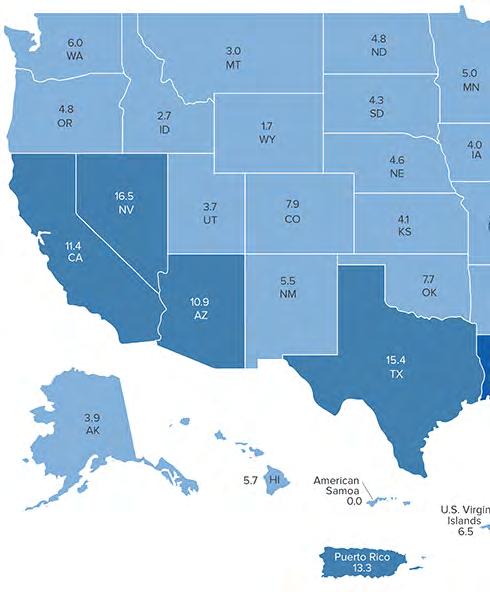
HIV is a virus that attacks the body’s immune system.It is usually spread by anal or vaginal sex or sharing syringes with a person who has HIV. The only way to know you have HIV is to be tested. Everyone aged 13-64 should be tested at least once, and people at high risk should be tested at least once a year. Ask your doctor, or visit gettested.cdc.gov to find a testing site. Without treatment, HIV can make a person very sick or may even cause death. If you have HIV, start treatment as soon as possible to stay healthy and help protect your partners. Nevada is the fifth highest state in the


ADDRESS 1: 280 S. Decatur Blvd. Las Vegas, NV 89107
HOURS: Monday – Friday 8 a.m. – 4:30 p.m. (closed 12 – 1 p.m.)
ADDRESS 2: 4201 W. Washington Ave. Las Vegas, NV 89107
HOURS: Monday – Wednesday 9 a.m. – 2:00 p.m.
Clients seeking treatment at the Sexual Health Clinic should know that the Health District is required to report cases involving assault or abuse to appropriate agencies.
HIV Testing: HIV antibody testing is a simple blood test performed by a trained professional. This procedure is strictly confidential. Counseling regarding the meaning of the test and its result take place before the actual testing to ensure you understand HIV infection and the testing procedure.
HIV testing procedure: Blood Test – Blood drawn from a vein is tested for HIV antibodies. This test is available at the Sexual Health Clinic (280 S. Decatur Blvd. Las Vegas, NV 89107 ), Monday through Friday 8 a.m. to 4 p.m. Please call (702) 759-0702 for more information.
If you have questions, contact the clinic by phone at (702) 759-0702 or by email at SexualHealth@snhd.org





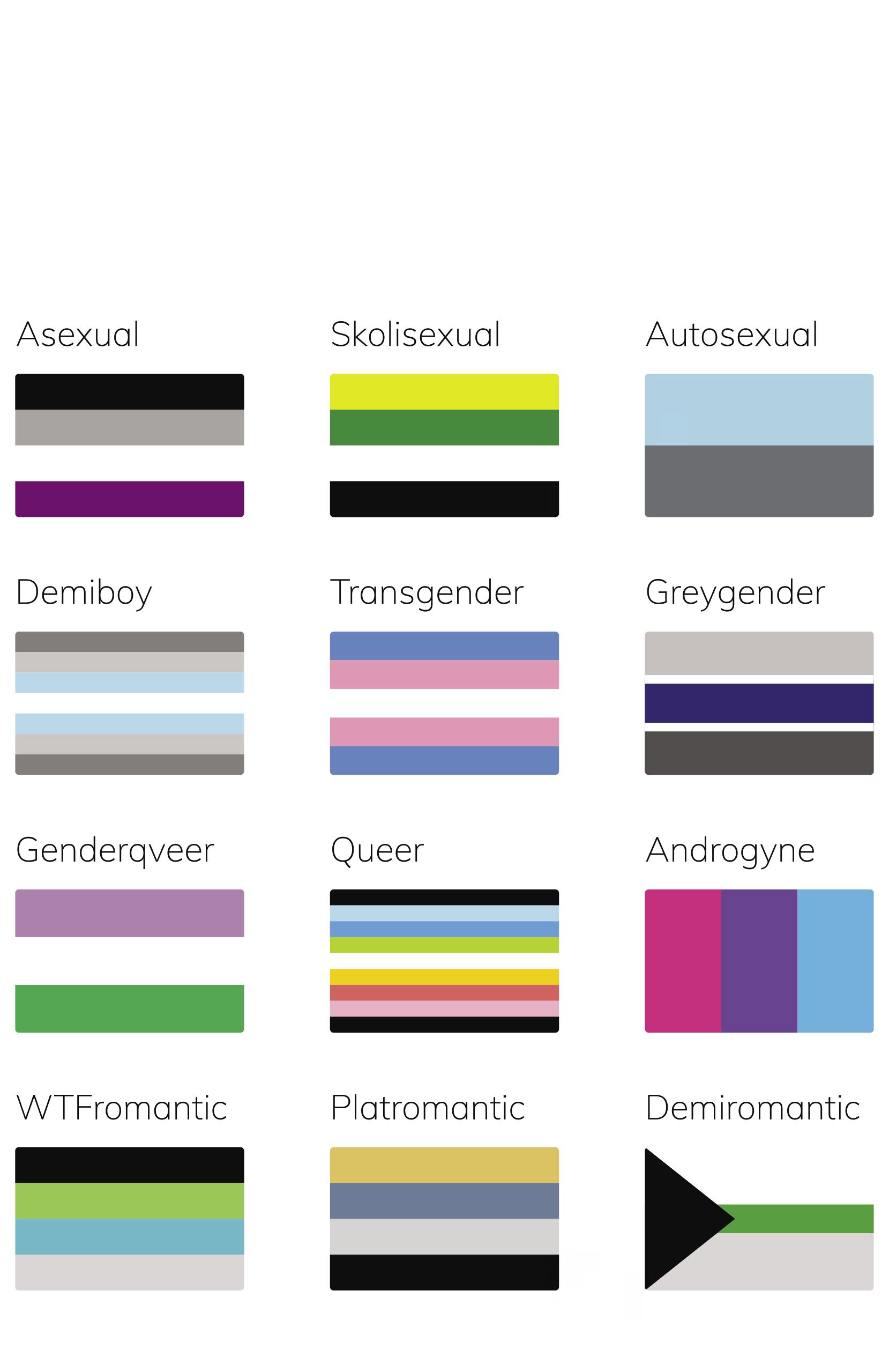
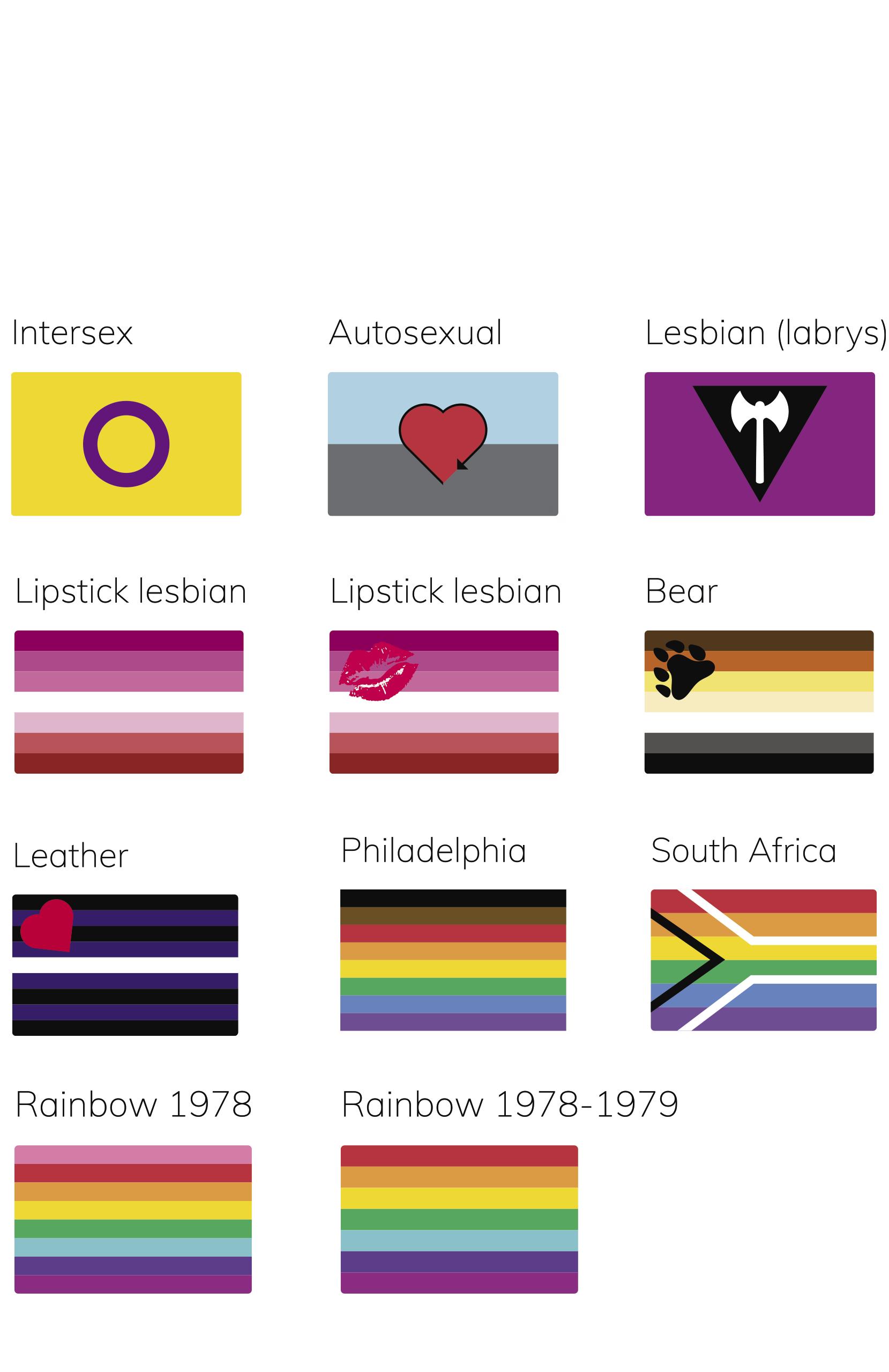





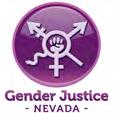















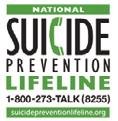



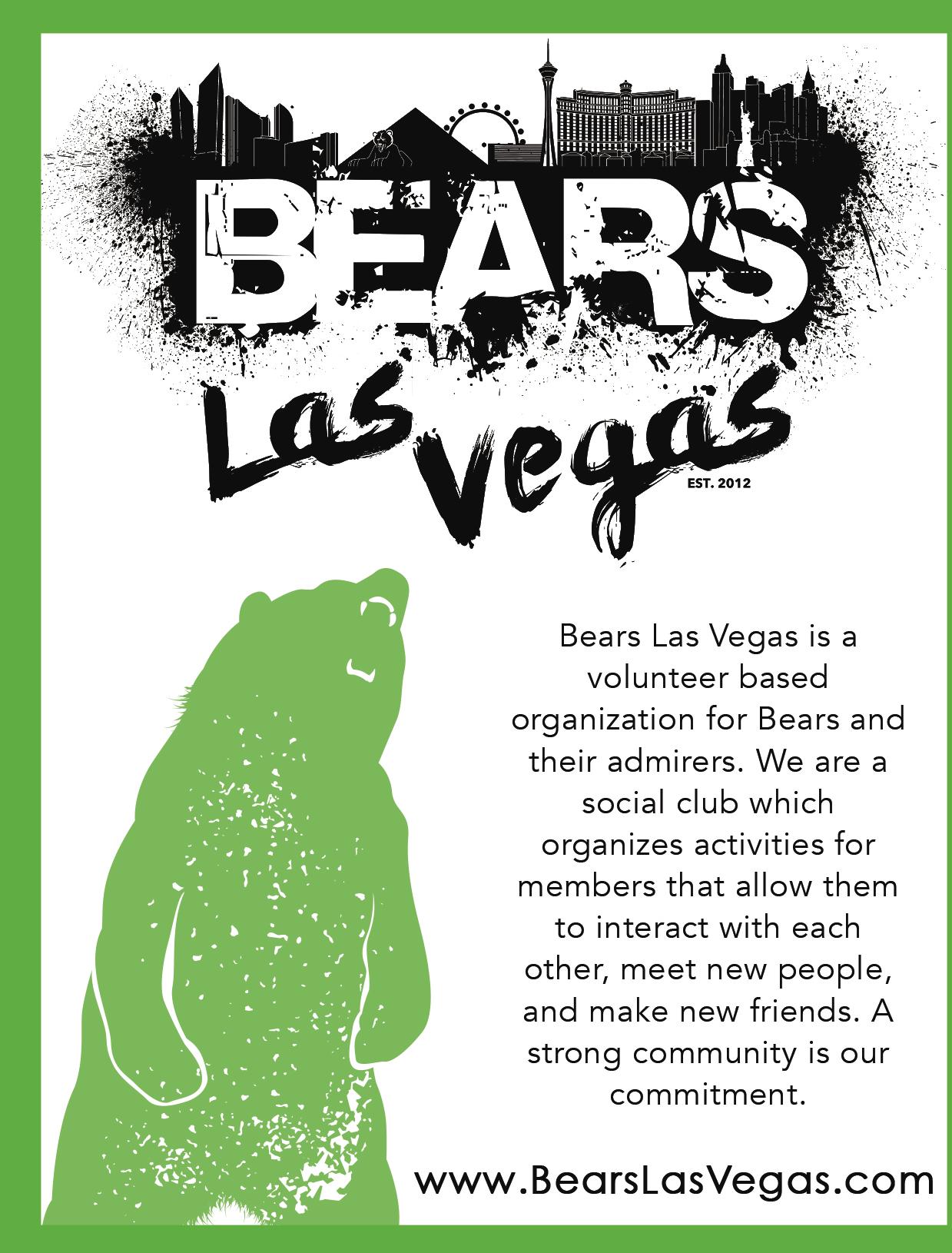

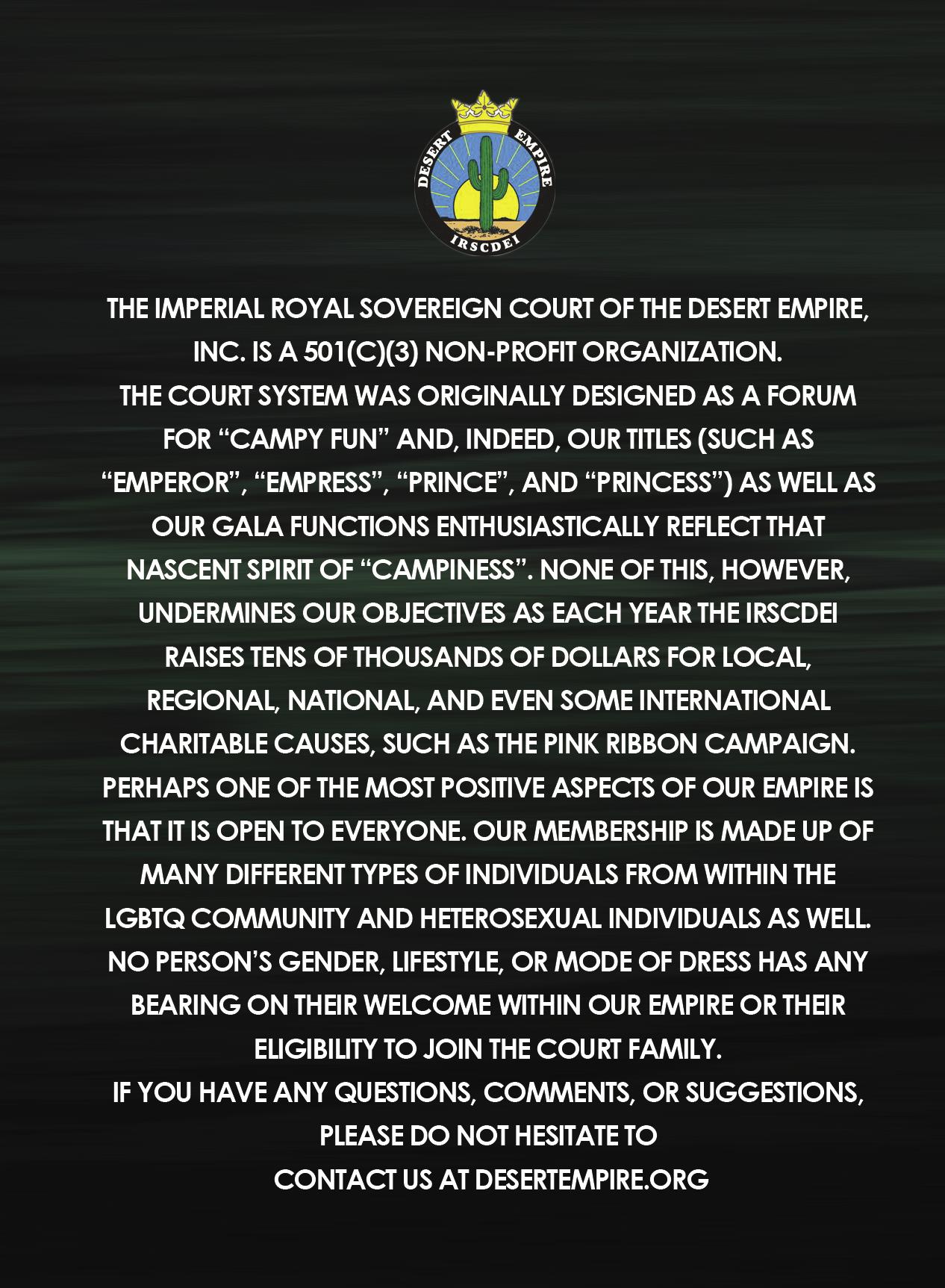




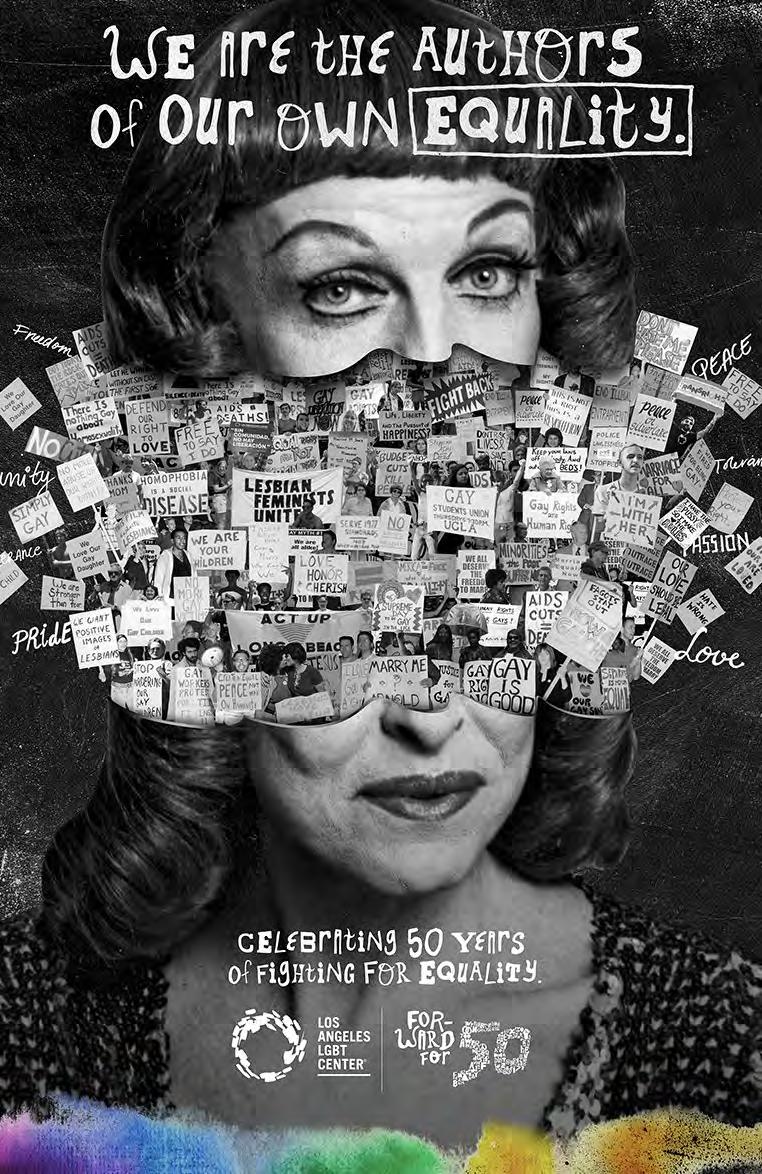
www.afanlv.org Aid for AIDS of Nevada (AFAN) provides support and advocacy for adults and children living with and affected by HIV/AIDS in Southern Nevada. AFAN works to reduce HIV infection through prevention and education to eliminate fear, prejudice and the stigma associated with the disease.


